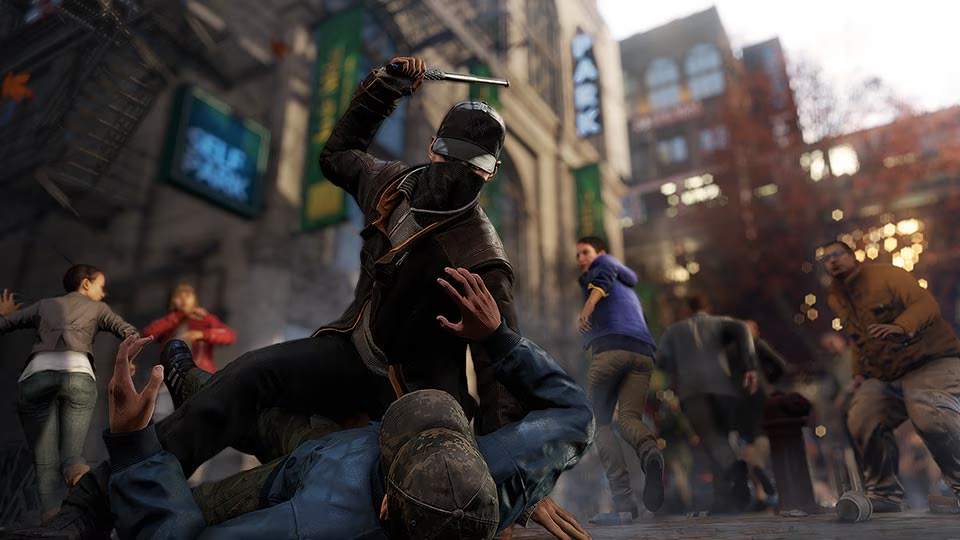The recent tweet by insider ‘j0nathan’ claiming that the Watch Dogs series is “dead and buried” has sent shockwaves through the community. While Ubisoft hasn’t officially commented, the lukewarm reception and potential sales disappointment of Watch Dogs: Legion raises serious questions about the future of this once-promising IP.
Translated: Watch Dogs is normally dead and buried. Legion’s failure destroyed the projects on the license (including a fairly original Battle Royale).
The Legion Effect: How the Franchise Lost Its Way
The original Watch Dogs, while imperfect, presented a distinct take on open-world action with its hacking mechanics and the intriguing character of Aiden Pearce. Watch Dogs 2 further refined the formula with a vibrant setting and a more playful tone.
Legion, however, took a drastic turn. Its “play as anyone” gimmick, while ambitious in concept, resulted in a diluted narrative and a repetitive gameplay loop. It lacked a defined identity, swinging between seriousness and satire without finding a solid footing for either.
This core misstep seems to resonate with a larger issue: Ubisoft’s tendency to apply familiar open-world formulas to different IPs, which can lead to creative stagnation. Legion often felt more like a Ubisoft checklist of activities than a game built specifically around its unique premise.
The Sales Question and Ubisoft’s Silence
While past Watch Dogs titles have sold well, Legion’s commercial performance remains unclear. Mixed reviews and a lukewarm fan reception can significantly harm a franchise’s long-term prospects, potentially explaining the insider’s assertion that the series is now on hold. Ubisoft’s silence on the matter only adds fuel to the speculation.
Is There Any Hope for Watch Dogs?
It seems unlikely that Ubisoft will completely abandon the Watch Dogs IP. However, there are a few factors that could influence its future:
- The Movie Factor: The upcoming Watch Dogs movie could generate renewed interest if successful.
- Back to Basics: Ubisoft might choose to return to the more focused approach of the original game, embracing tighter storytelling and refining the core hacking gameplay.
- A Spark of Innovation: The franchise needs to recapture the sense of technological intrigue that made the concept so compelling in the first place.
The Verdict
The future of Watch Dogs looks uncertain. The insider’s leak, combined with the missteps of Watch Dogs: Legion, suggests the series is in need of a major course correction. Whether Ubisoft is willing to invest in that remains to be seen, but for now, it might be a long wait before we see another entry in this once-exciting franchise.
Sadly, Watch Dogs wouldn’t be the first Ubisoft franchise to falter after initial success. Fans of the tactical Rainbow Six: Vegas games still lament the shift towards the more mainstream, multiplayer-focused Rainbow Six: Siege. Similarly, the stealth-focused Splinter Cell series has been dormant for years, seemingly replaced by action-heavy Ghost Recon iterations that lack the same identity.
This pattern raises concerns that even if Watch Dogs returns, it might be a fundamentally different experience, alienating fans of the original concept.
A Time for Reflection
The potential demise of Watch Dogs may serve as a wake-up call for Ubisoft. Though I’m doubtful so long as the Guilemont brothers remain at the helm. The studio’s formulaic open-world design and habit of diluting unique IPs to fit established moulds have led to creative stagnation. If the studio hopes to retain the loyalty of long-time fans, it must prioritise innovation and respect the core identities of its franchises.





